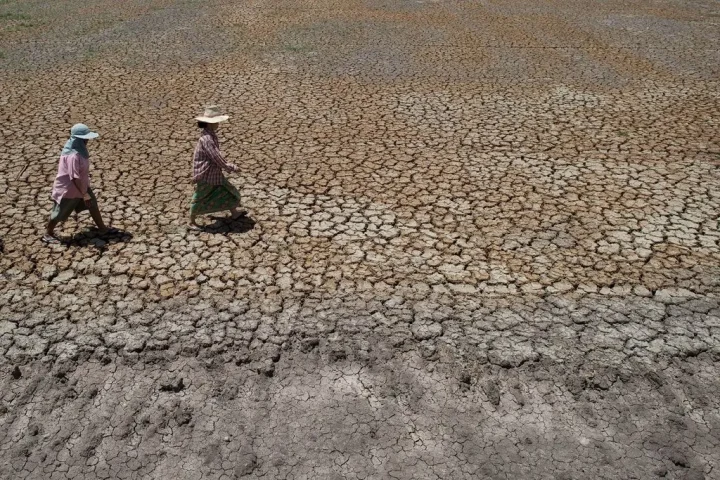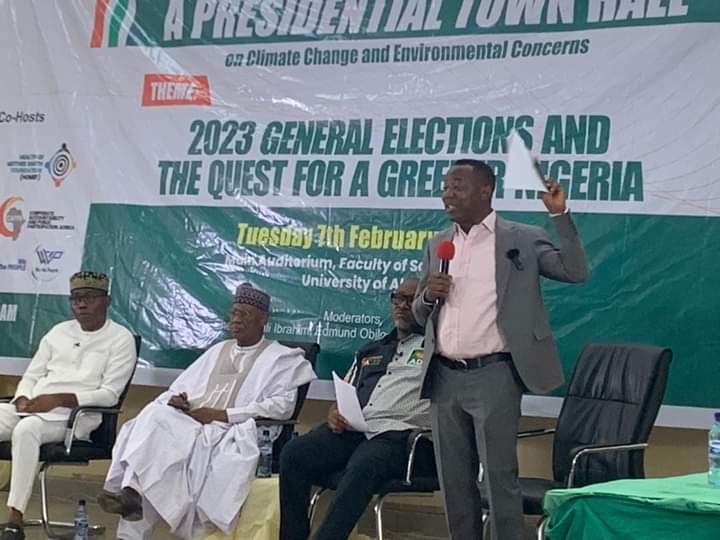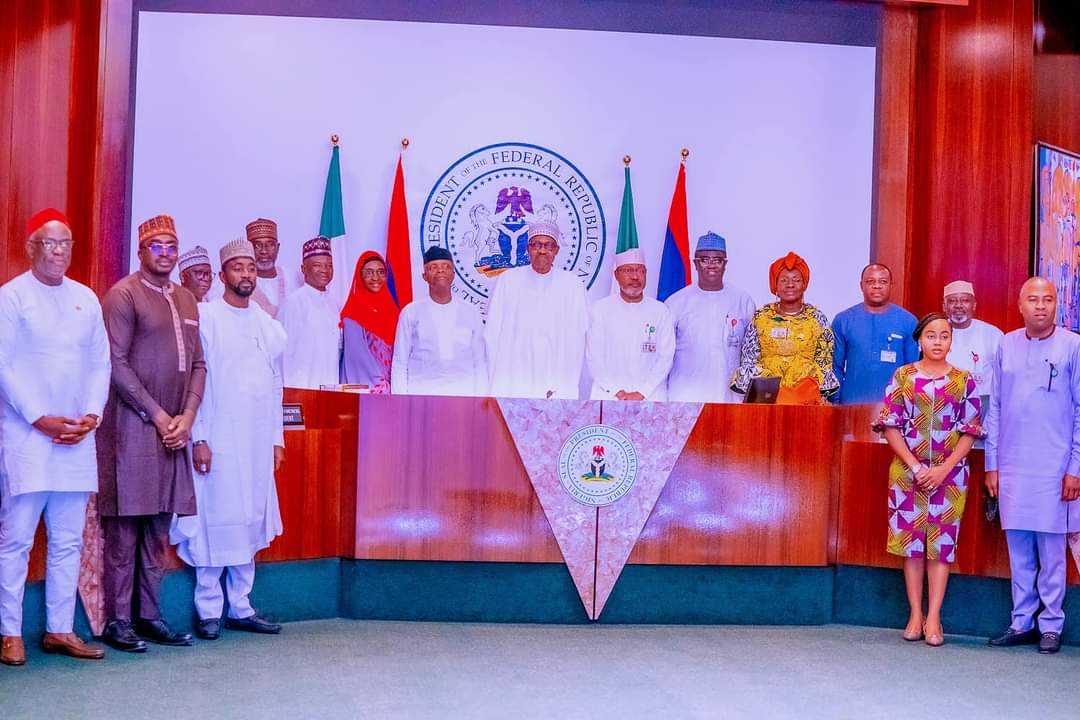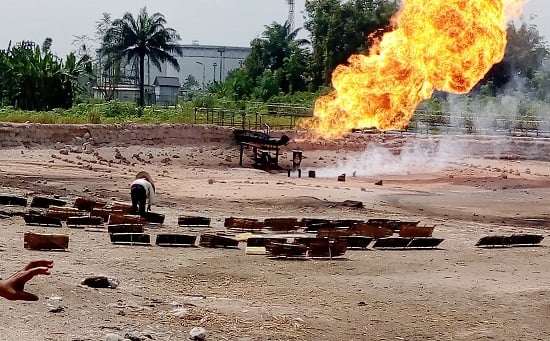Despite directly impacting our communities, health and livelihood, climate-related reports usually take a back seat to dominant news beats like politics and business. Climate Watch aims to ensure you never miss important stories on climate change and actions being taken towards limiting its impact.
Here is a round-up of last week’s climate stories:
- Ahead of the presidential elections, climate change activists in Nigeria have invited aspiring candidates to a town hall meeting to discuss their plans for addressing climate and environmental issues. The event, scheduled to hold on February 7 at the University of Abuja, is organised by the Health of Mother Earth Foundation (HOMEF) and other partners. Nnimo Bassey, executive director of HOMEF, said the well-being of the environment is critical and needs to be prioritised by political aspirants.
- The World Bank, under the Regional Emergency Solar Power Intervention Project (RESPITE), has kicked off increased access to renewable energy for consumers in Chad, Liberia, Sierra Leone, and Togo. This project aims to rapidly increase grid-connected renewable energy capacity and strengthen regional integration in West Africa.
- The federal government says it is implementing measures to ensure the generation of 9000 megawatts of electricity from renewable energy sources. The FG said renewable energy from solar, wind, and hydro, among other sources, is the solution to quickly bridge the electricity gap across the country.
- The United Nations Environment Programme (UNEP) has announced that Côte d’Ivoire will host this year’s World Environment Day. The event will be held on June 5 with the theme ‘Solutions to Plastic Pollution’.
- Nnimmo Bassey, executive director of HOMEF, has called on the federal government to decolonise food systems by reviving the culture of agroecology. Bassey said industrialised agriculture has contributed largely to the challenge of climate change, but “it is our duty to demand safe food, support our farmers, reject monoculture, and decolonize our foods and minds”.
- Ikechukwu Ezemonye, vice-chancellor of Igbinedion University, said climate action and sustainable development goals (SDGs) have been infused into the core curriculum of the varsity to stimulate students’ readiness for sustainable development. Ezemonye said the university has engaged the Edo state government and Eco Capital in the advocacy for a circular economy of plastics for a better environment.
Add a comment






